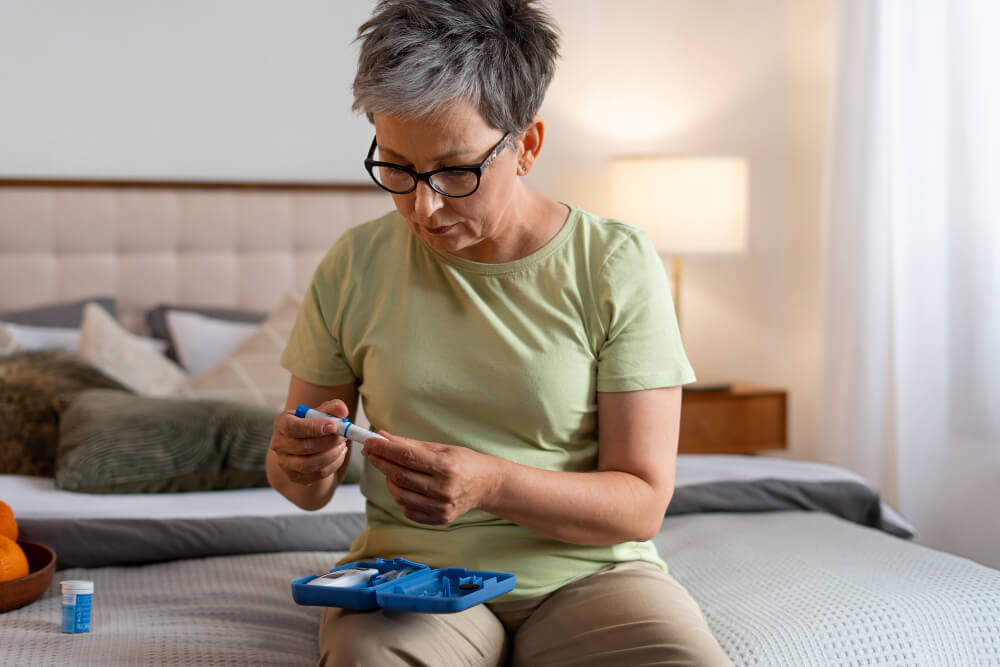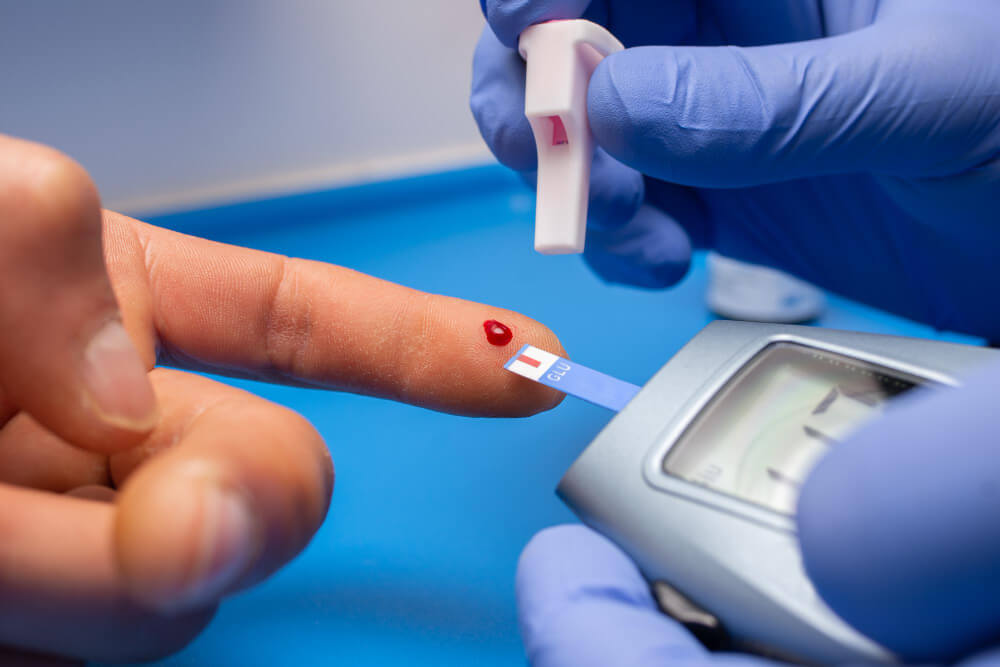Navigating the Journey: Your PCP – Your Partner in Conquering Type 2 Diabetes
Imagine your body as a finely-tuned engine, running on the power of glucose. Now, picture a glitch in the system: the fuel isn’t burning efficiently, leading to a build-up of glucose, causing a chronic imbalance – Type 2 diabetes. In this journey of managing this condition, your Primary Care Physician (PCP) becomes your most valuable navigator, guiding you through diagnosis, treatment, and a healthy lifestyle, empowering you to reclaim control of your engine’s performance.
Unveiling the Roadblocks: Recognizing the Signs of Type 2 Diabetes
Type 2 diabetes often creeps up silently, but some telltale signs may serve as early warnings:
- Excessive Thirst and Frequent Urination: The body tries to flush out excess glucose, leading to increased thirst and urination.
- Fatigue and Lethargy: High blood sugar levels can sap your energy, leaving you feeling tired and sluggish.
- Unexplained Weight Loss: Despite normal or increased appetite, weight loss can occur due to muscle breakdown and inefficient glucose utilization.
- Blurred Vision: Hyperglycemia can damage blood vessels in the eyes, affecting vision clarity.
- Slow-Healing Wounds: High blood sugar can impair wound healing, making even minor cuts and scrapes take longer to recover.
Diagnosing the Disruption: The Role of Your PCP in Detecting Diabetes
If you suspect diabetes, your PCP plays a crucial role in confirming the diagnosis:
- Medical History and Physical Examination: Discussing your symptoms, family history, and lifestyle habits provides valuable clues.
- Blood Tests: Fasting blood sugar and HbA1c levels are key indicators of glucose control and diabetes diagnosis.
- Additional Tests: In some cases, further tests like an oral glucose tolerance test may be necessary.
Charting the Course: Personalized Treatment Plans with Your PCP as Your Guide
Once diagnosed, your PCP works with you to develop a personalized treatment plan, often including:
- Lifestyle Modifications: Nutrition counseling, regular exercise, and stress management are crucial elements for managing blood sugar levels and overall health.
- Medications: Oral medications or insulin injections may be necessary to help your body utilize glucose effectively.
- Continuous Monitoring: Regularly monitoring blood sugar levels through home blood glucose meters or continuous glucose monitoring systems helps track progress and adjust treatment as needed.
Fueling the Engine with Nutrition: Partnering with Your PCP for Dietary Guidance
Your PCP can connect you with a registered dietitian to develop a personalized meal plan:
- Prioritizing Carbohydrates Wisely: Choosing whole grains, fruits, and vegetables over refined carbohydrates helps manage blood sugar spikes.
- Balancing Proteins and Fats: Including lean protein and healthy fats helps manage hunger and improve blood sugar control.
- Reading Food Labels: Learning to understand carbohydrate counts and sugar content empowers you to make informed choices.
- Portion Control: Eating smaller, more frequent meals helps prevent blood sugar spikes and promote overall health.
Keeping the Engine Moving: The Importance of Physical Activity with Your PCP’s Support
Exercise becomes a valuable tool in your diabetes management arsenal:
- Aiming for at Least 150 Minutes of Moderate-Intensity Exercise Weekly: Activities like brisk walking, swimming, or cycling help improve insulin sensitivity and burn excess calories.
- Finding Activities You Enjoy: Making exercise a fun and sustainable part of your routine leads to long-term commitment.
- Consulting Your PCP for Guidance: Discuss any limitations or concerns you may have before starting an exercise program.
Tuning the Engine: Managing Stress with Your PCP’s Help
Chronic stress can exacerbate diabetes symptoms. Your PCP can guide you towards stress management techniques:
- Relaxation Techniques: Practices like deep breathing, meditation, or yoga can help lower stress hormones and improve overall well-being.
- Cognitive Behavioral Therapy (CBT): This therapy can help identify and modify negative thought patterns that contribute to stress.
- Mindfulness Practices: Learning to be present in the moment can reduce anxiety and improve emotional regulation.
Conclusion:
Type 2 diabetes may seem like a daunting journey, but with your PCP as your guide, you can navigate it with confidence. Embrace their expertise in diagnosis, treatment planning, and ongoing support. By adopting healthy lifestyle habits, including mindful eating, regular exercise, and stress management, you become the co-pilot, taking control of your engine’s performance. Remember, the path to optimal blood sugar control and improved well-being is paved with collaboration, open communication, and a commitment to long-term health. With your PCP by your side, you can transform the challenges of Type 2 diabetes into an empowering journey of self-discovery and empowered health.


